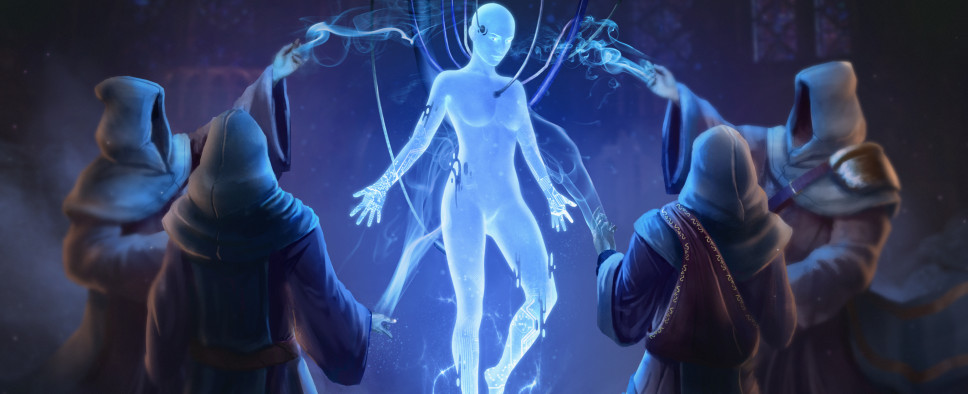Tower of Time Interview
-
Category: News ArchiveHits: 1576

Tower of Time, a classic-inspired RPG/RTS hybrid by Event Horizon currently on Steam Early Access, came seemingly out of nowhere and has already managed to impress a considerable number of people. As such, the folks at Rock, Paper, Shotgun have decided to interview Krzysztof Monkiewicz, the project's lead, in order to find out more about the intriguing title. A snippet:
RPS: Can you tell us a bit about the team behind Tower Of Time? How many of you are there, and what have people worked on before?
Krzysztof Monkiewicz: At the moment we include ten full-time people. During development we contracted a few other freelancers for music, SFX and modelling of characters and environment. The team had experience with several games before, but there were not really any AAA titles. For me, more important than proven experience with large productions was the personality. I was looking for people who are creative, willing to take an active part in the development and not afraid of thinking outside the box. Whether it was a good call – only time will tell, but so far I am very happy with the initial feedback.
RPS: Tower Of Time seems an enormous project for a debut game. Making an RPG is a big enough task, but making one with a new approach to combat – well, that’s crazy. How did you decide to start trying?
Monkiewicz: That is utterly crazy, I fully agree. When I announced to my friends that I wanted to leave my previous job (completely different industry) and start in game development, they questioned my mental integrity. However, that was always my dream – to find a way to share my ideas and create games that players will actually want to finish.
As for the scope of the game and genre – I realized we could either start small, create a game that would be a clone of another successful game and hope that it will somehow stand out from the swarm of other indie games, or take a risk and do something large and new. It wasn’t a tough decision for me – I took the risk.
RPS: So what other types of combat did you consider when you were developing? How did you arrive on this hybrid of real-time strategy and BioWare-style fights?
Monkiewicz: I’ve played a lot of RPGs in my life. I started very early with Dungeon Master, Might and Magic and the Wizardry series and have been through (I think) every single RPG that was noteworthy since then. One thing that always bothered me was combat mechanics. Usually, from mid-game you already have a party that can handle every challenge easily, turning combat into more of a chore rather than keeping it fun.
My goal was to create combat mechanics which would challenge the player until the very end and where the tactics and party preparation are far more important than the equipment. The only way I could think of to achieve that goal was to make it a dynamic real-time combat system with a certain degree of randomness. I love turn-based RPGs, don’t get me wrong – my favorite RPG game of all time is Divinity: Original Sin – but I think that turn-based games put too much of a constraint on the developer, as each encounter needs to be carefully pre-defined to make it both winnable and yet still challenging. Since players’ skillsets cover a broad range, it is difficult to balance it in a way that accommodates everyone’s expectations.
RPS: You say your primary reason for using Early Access is to test and tweak the combat. How is that going so far? Have you had much useful feedback?
Monkiewicz: This is going great. Honestly, we did not expect that players would be so engaged with the game already at this stage. Whenever I have the time, I am observing how players play – to see how they approach certain challenges we throw at them – this is an invaluable input for me. We also have gotten a massive amount feedback so far (and it is still coming), both on game discussion boards and via email. What surprised me is how well structured the feedback we get is. It is not a single comment here and there – but instead we receive carefully constructed analyses, pinpointing issues and giving suggestions on how to improve them. Adding an in-game option to report issues and offer suggestion was also a great idea coming from the team. We get save data and game logs, which allow us to pinpoint the issue immediately and fix it very quickly. We are continuing to work on the next part of the game, but our development pipeline for the next month concerning combat and ‘quality of life’ features is mostly about how to incorporate players’ feedback.

